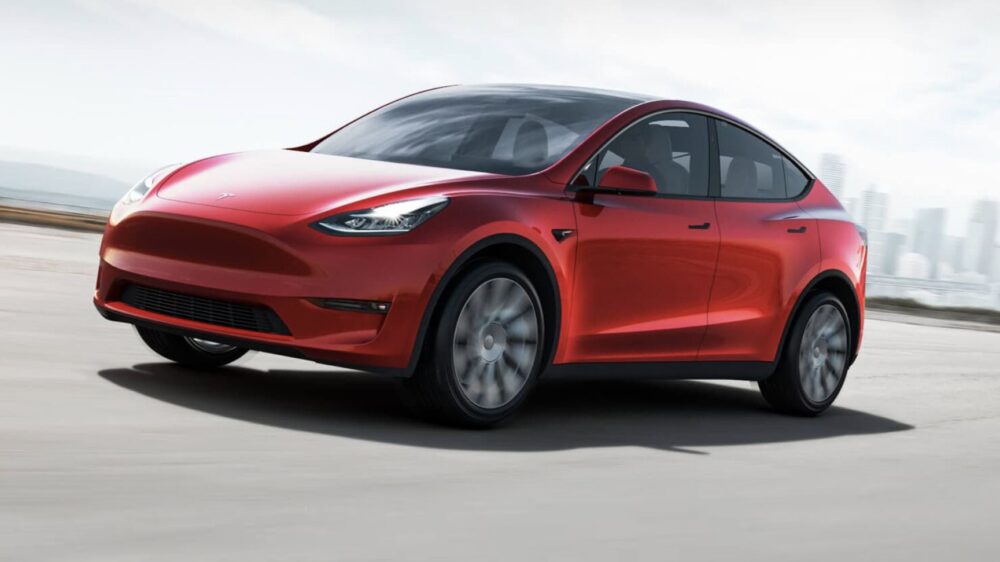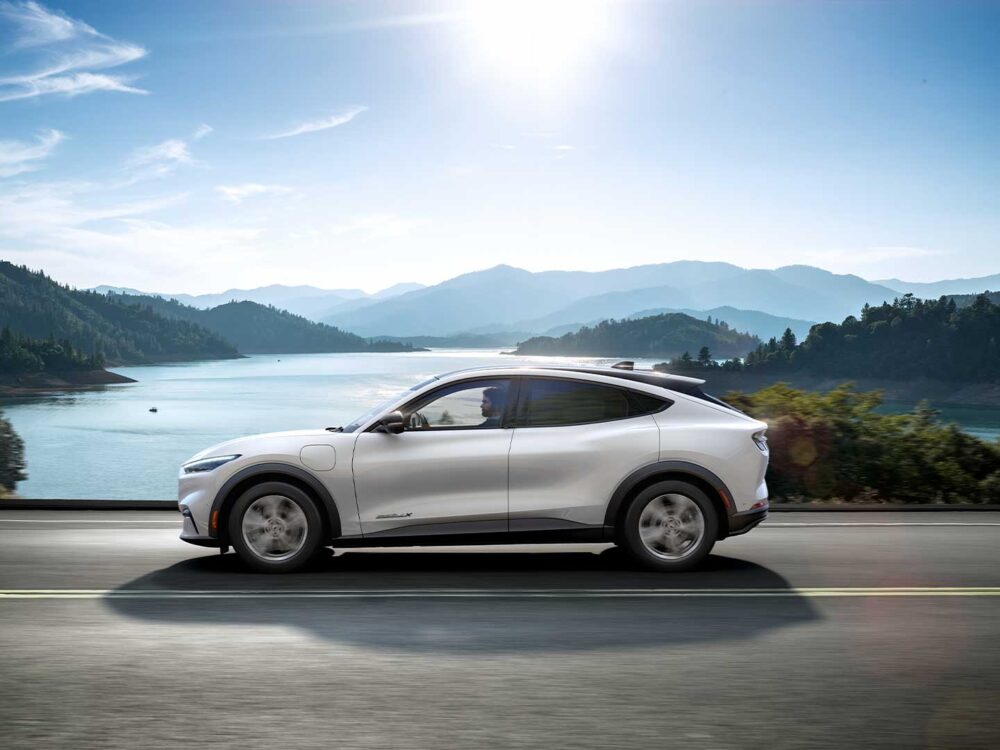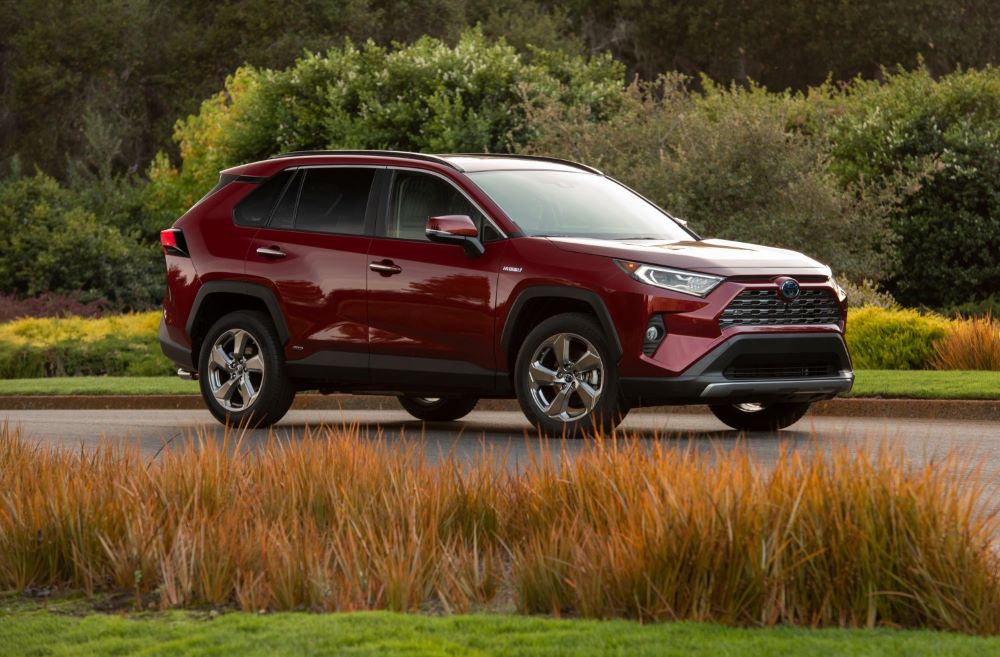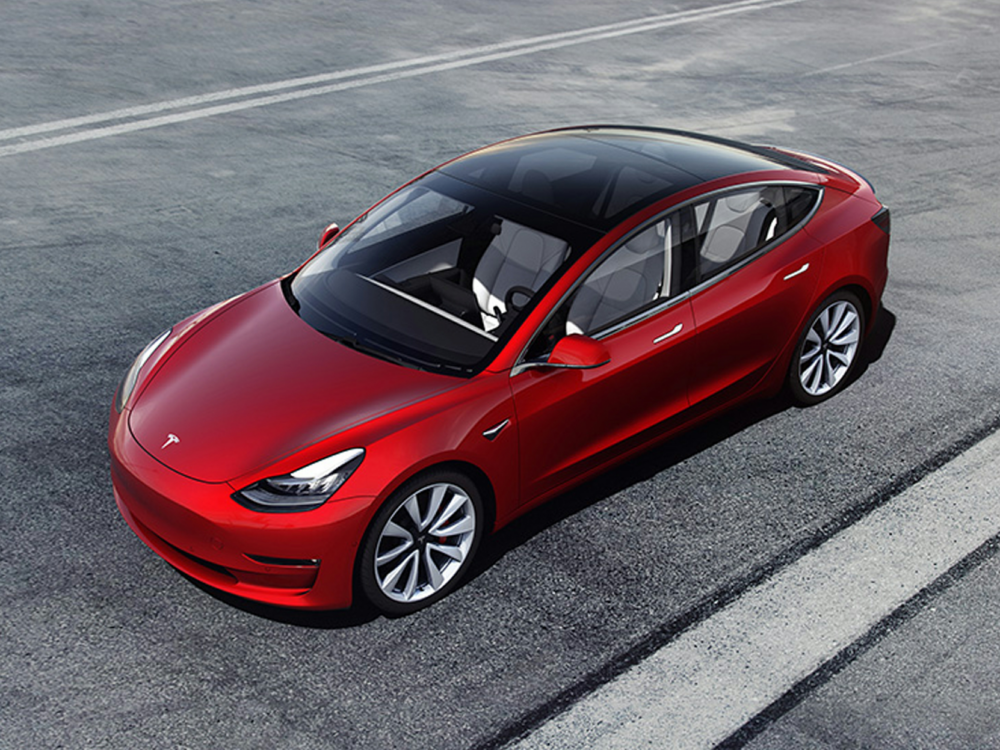EV & Hybrid Sales Continue to Expand Rapidly in the U.S.
Electric vehicles continue explosive growth in the U.S. in Q1 of 2020 as Americans begin to transition from fossil power.
Electric vehicle detractors love to point out that EV sales still represent a small percentage of overall auto sales in most countries, especially in the U.S. However, that is quickly changing–in fact, Q1 of 2021 saw EV and hybrid sales skyrocket in the U.S., outpacing overall market performance by a large margin, according to the latest analysis from Cox Automotive.
U.S. EV and hybrid sales jumped a whopping 81 percent in Q1, compared to just 11.4 percent for the total market. EVs enjoyed a 44.8 percent increase as consumers scooped up 98,832 vehicles versus 68,247 in Q1 of 2020. Hybrids were even hotter, recording a 104.88 percent jump with 205,561 units – doubling last year’s tally of 100,332.
Together, EV and hybrid sales represented just 7.8 percent of the total market, but that’s up considerably from last year’s total of 4.8 percent. It’s clear that buyers are gravitating toward electrified vehicles at a much higher rate, and this trend bodes well for companies that bought into the idea early on, most notably, Tesla.
As has long been the case, Tesla continues to dominate the EV market as it moved 69,300 of the 98,832 units sold in Q1 – good enough for a 71 percent market share. However, that’s actually down from the automaker’s market share of 83 percent in Q1 of 2020. This shouldn’t come as a surprise, of course, as several legacy automakers have introduced a number of new EV models over the last year, including the Ford Mustang Mach-E.
Perhaps more notably, the Tesla Model Y overtook the Model 3 as America’s best-selling EV in Q1, followed by the Chevrolet Bolt EV, Mach-E, Model S, and Model X. On the hybrid side of things, Toyota dominated the market by moving 124,449 units in Q1 as the Toyota RAV4 Hybrid became the best-selling hybrid in the U.S. with sales of 32,263 vehicles in the first quarter. In total, U.S. buyers now have over 60 hybrid and plug-in hybrid vehicles to choose from. However, despite this resounding success, automakers will inevitably need to conquer supply chain issues to keep the momentum going.
“Electrified vehicle growth in the U.S. and around the world is shining a spotlight on battery development and sourcing,” said Cox Automotive Executive Analyst Michelle Krebs. “As the industry builds more vehicles with battery packs, sourcing of these parts and lifetime management of the battery cells is a critical hurdle the industry must clear.”




